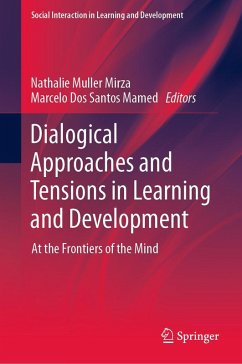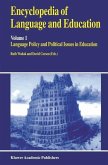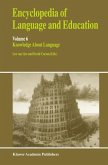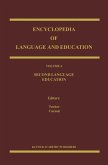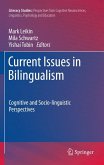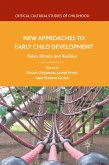The book pursues the goal of exploring and strengthening a dialogical approach of communication and cognition. It brings together contributions from world-leading researchers related to the dialogical approach in education and psychology. It presents, among others, the place of language and materiality in the development of communication and thinking, as well as the role of the methods in the relationship between researchers and participants. This leads to an innovative definition of the dialogicality and how a dialogical approach can provide heuristic (conceptual and methodological) tools to better understand how people think, communicate and learn in a complex world.
The authors hereby develop an epistemological framework inspired by scholars such as Michaïl Bakhtin, Lev Vygotsky and Herbert Mead under the assumption that dialogue, or dialogicality - and therefore the presence of the other - is fundamentally entangled into the human thinking and development.
This book contributes to the understanding of human communication, cognition and mind, and participates in a scientific dialogue which helps to advance future research. It includes theoretical and empirical chapters and presents innovative methods of inquiry, which makes it a useful tool for both teaching and research.
Dieser Download kann aus rechtlichen Gründen nur mit Rechnungsadresse in A, B, BG, CY, CZ, D, DK, EW, E, FIN, F, GR, HR, H, IRL, I, LT, L, LR, M, NL, PL, P, R, S, SLO, SK ausgeliefert werden.

